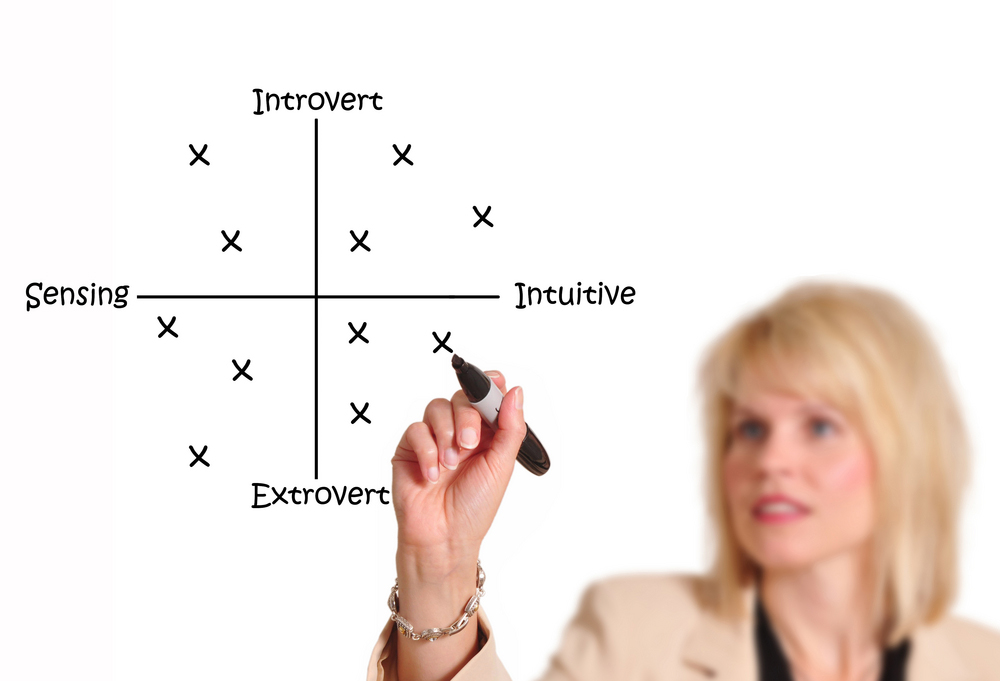Does your organization utilize personality assessments as part of the hiring process? Many organizations do. We’ll start by taking a look at why they are used and then delve into some of their potential pitfalls.
Why Do Employers Use Personality Tests During the Hiring Process?
Here are a few reasons employers use personality assessments as part of the hiring process:
- Personality assessments can assess whether an individual will be a good match for the organizational culture.
- Placing someone in a role that is not suited to his or her personality can result in reduced satisfaction—and eventually turnover. Personality assessments can help reduce this issue.
- These types of assessments can help employers understand a candidate’s aptitude for traits like conscientiousness, persuasiveness, or resilience, which are more difficult to assess during a regular interview. (These are, of course, just a few examples of the types of personality traits an employer may be looking for.)
- Personality assessments can show the employer which open role the candidate would be best suited to before hiring.
- These assessments can add an extra dimension to the recruiting process, which can help differentiate between otherwise similarly qualified candidates—with minimal extra cost or time.
- Personality tests can also add objectivity to the process, which can help reduce the impact of an interviewer’s bias.
- Personality tests can help create a shortlist when there are too many applicants to review manually.
- These assessments can also aid in determining an appropriate career path for an individual based on his or her aptitudes and interests, which, of course, could differ even for individuals hired into the same or similar entry-level roles.
Potential Pitfalls to Be Aware of When Using Personality Tests in the Hiring Process
There are, of course, potential pitfalls to be aware of when using personality tests in the hiring process. Here are a few:
- Personality assessments may cause a hiring team to question whether they should hire someone they previously considered a good candidate. Not everyone tests well, and no test is foolproof. In other words, these assessments could cause an organization to decide against someone who would have done well in the role.
- Employers must be careful not to pigeonhole candidates based on results, both in hiring and in long-term decisions. After all, personality factors are not the only determinants of someone’s success. It would be a shame to hold someone back over assumptions about what he or she may like or be good at without the individual’s input or without giving him or her a chance to grow and learn.
- Like any aspect of the application process, there’s a risk that candidates will answer the questions how they assume the employer would want them to rather than answering truthfully. This may render some results useless.
- Employers should be aware that not all personality assessments are created equal. Not only are some better than others, but it can also be better to use more than one type of assessment and view the results as a whole to gain a “big picture” understanding rather than relying on a single data point.
- These tests are not without risks. If you opt to use one or more of them, be sure they don’t have inherent biases that will negatively impact protected groups. If the tests have a disparate impact on some groups, that will be problematic. Another legal risk is unintentionally uncovering a disability, especially if that information ends up being used negatively.
What has your experience been in utilizing personality assessments as part of the hiring process?
Bridget Miller is a business consultant with a specialized MBA in International Economics and Management, which provides a unique perspective on business challenges. She’s been working in the corporate world for over 15 years, with experience across multiple diverse departments including HR, sales, marketing, IT, commercial development, and training.

